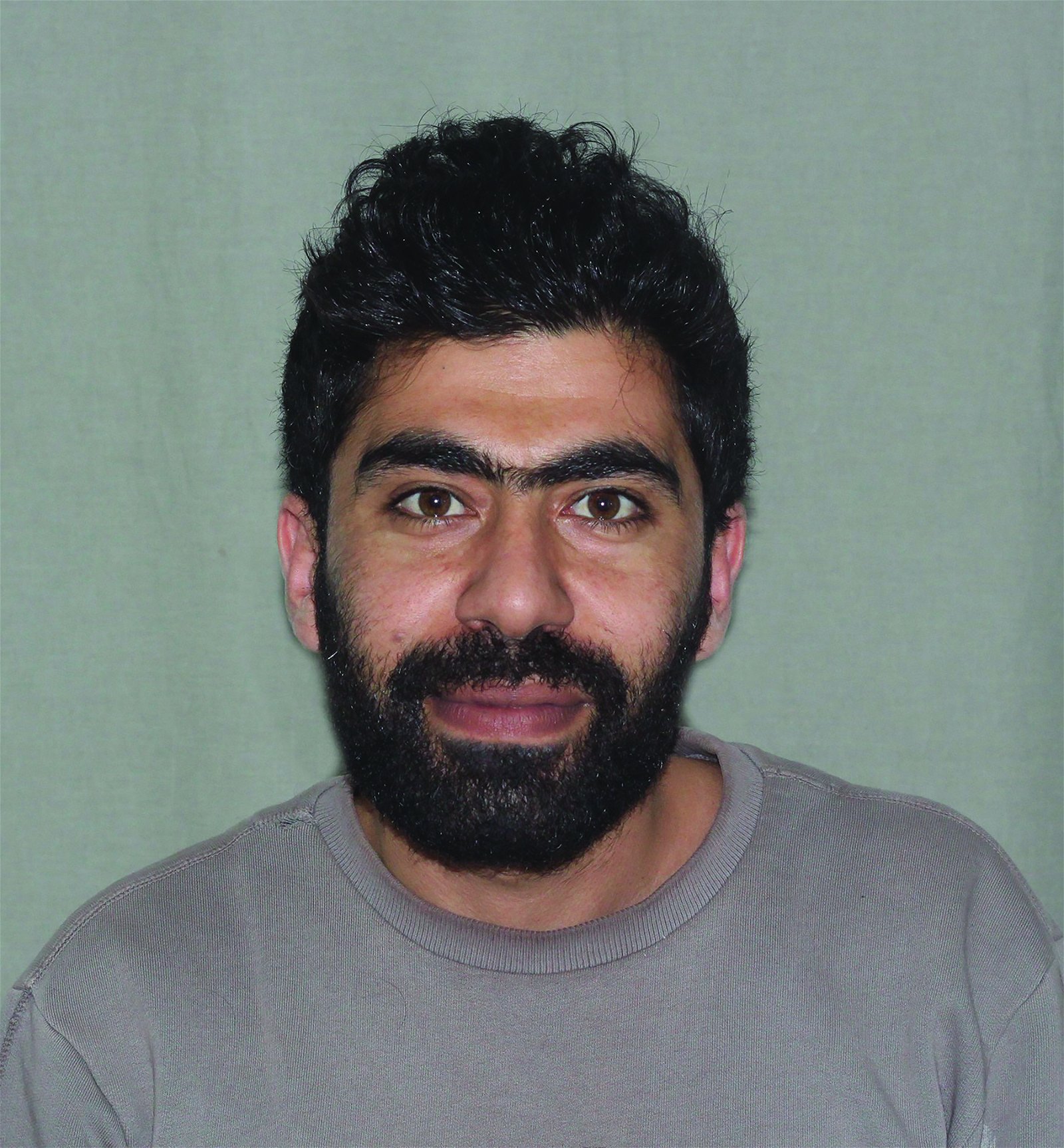
Translated by Tsoler Aghjian
Turkey’s ruling Justice and Development Party (AKP) has been calling for a ban of Turkey’s third-largest party, the pro-Kurdish Peoples’ Democratic Party (HDP). The Turkish public prosecutor started filing a lawsuit against the party months ago to ban it, close its offices and prevent it from carrying out its activities. Currently, the HDP is awaiting a decision on its case after it was granted a grace period of an additional month to defend itself against the accusations leveled against it. It is expected a verdict will be announced this month. But the question remains: why does Ankara insist on banning the HDP under the pretext of “terrorism”?
The HDP is a pluralistic Turkish party that includes mainly Kurds, Armenians, Assyrians, Alawites, Arabs and other minorities living in their historical land in Turkey, in addition to Turks who believe in equality between these various ethnic components. Therefore, the party’s participatory tendencies are the main motive for the AKP and its ally, the far-right Nationalist Movement Party (MHP), to ban its activities, especially with the approach of the presidential and parliamentary elections in less than two years in June of 2023.
The electoral victory of the pluralist party in the 2015 parliamentary elections came as a surprise to Turkish President Recep Tayyip Erdogan and his ruling party. For the first time, the HDP won 80 seats in parliament, surpassing the ten-percent voter threshold necessary to form a bloc in the Turkish Parliament and ending the parliamentary majority enjoyed by the Turkish president’s party. As a result, Erdogan was forced to ally himself with the Nationalist Movement, although he insisted on holding early parliamentary elections in the same year. However, he could not eliminate the pro-Kurdish party, which returned to Parliament again as the party with the third-largest parliamentary bloc and ranked second among the opposition parties to the Turkish president.
Erdogan today fears a repeat of that loss in the presidential and parliamentary elections scheduled for 2023, especially since most opinion polls in Turkey confirm a significant decline in his party’s popularity. He is now trying to pressure the pro-Kurdish party and demand its ban for fear of a possible defeat if HDP voters favor his opponent in the upcoming elections. This happened in Istanbul when its current mayor, Ekrem Imamoglu, won the local elections twice in March and June of 2019 with the support of HDP voters.
The last local elections in Turkey took place more than two years ago and served as an additional lesson to Erdogan about the importance of the votes of HDP supporters, as they ousted his party’s candidates for mayors of Ankara and Istanbul after they voted for the opposition candidates. This loss was critical for the Turkish president, as he always repeated that “whoever rules Istanbul will rule Turkey.” He knows that the HDP is an obstacle to his victory and his party in the upcoming presidential and parliamentary elections, and so he seeks to ban it to ensure victory.
The ruling Turkish party also failed to exclude the HDP from the presidential and parliamentary elections in 2018, although it has been exerting great pressure on the Peoples’ Democratic Party since it crossed the parliamentary threshold after the 2015 elections. The HDP participated in the previous presidential and parliamentary elections in conjunction with a fierce security campaign carried out by the authorities against its leaders and rules. Despite this, the HDP crossed the parliamentary threshold and returned to Parliament again, maintaining its position as the third-largest party, although the Turkish authorities had detained former party co-chairs Selahattin Demirtaş and Figen Yüksekdağ about two years before the elections, disregarding their Parliamentary immunity.
Since the pro-Kurdish party entered Parliament in 2015, Ankara has detained dozens of HDP deputies and later revoked their parliamentary membership. In addition, the Ministry of Interior has dismissed and detained most of the HDP mayors, who won the head seats of 71 municipalities, including Kurdish-majority cities, in the 2019 local elections, and replaced them with Turkish government-appointed guardians belonging to the ruling AKP. The security forces have also detained and imprisoned more than 25,000 members of the HDP and continue to detain thousands of them, according to the party.
The HDP headquarters is also subjected to horrific attacks. Turkish security forces do nothing to prevent the attacks nor do they imprison or punish the perpetrators. On June 17, 2021 a Turkish extremist attacked the HDP headquarters in the city of Izmir and killed a Kurdish woman named Deniz Poyraz, even though all party buildings in Turkey are guarded by police, including all the headquarters of the HDP.
Less than a month before the killing of Poyraz, unknown persons tried to burn down the central headquarters of the HDP in the capital city Ankara. Here, the security authorities did not act either, as they did not announce the identities of the attackers nor have they arrested them until now.
Despite all the pressures and attacks on the HDP, it has adhered to its pluralism and rotated its presidency since its establishment. It was first led by Kurds such as Demirtaş and Parvin Buldan, and then by Turks such as Sezai Temelli and Yüksekdağ, and today it is led by Midhat Sancer, who is an Arab, and his representative in economic affairs is Armenian Garo Paylan.
This is what has been happening with the HDP since 2015. However, recent opinion polls indicate that it will cross the parliamentary threshold again to maintain its parliamentary bloc in Parliament. It is projected to do so despite all of the government pressure it faces, like the urgent detention of its leaders and deputies and the dismissal and detention of its mayors, in addition to the repeated attacks on its headquarters. Since all these steps did not stop the advance of this party, the Turkish president had no choice but to demand its ban in order to eliminate the anxiety that haunts him about a possible loss in the upcoming elections if his voters cast their ballots in favor of his opponent.
But will the ban of the HDP lead to the disappearance of its voters or their non-participation in the upcoming elections, as the Turkish president desires?
Turkey has witnessed similar experiences in the past when pro-Kurdish parties were banned under the pretext of their association with the Kurdistan Workers’ Party (PKK), which is banned in Ankara, a charge that the HDP faces today. However, all these pressures did not prevent the emergence of other parties with the same ideas. In late 2009, Ankara banned the Kurdish “Democratic Society” party, but about a year before that, the Kurdish leaders had already obtained a new license for another party, the Peace and Democracy Party, meaning that an alternative to the banned party was ready immediately.
Likewise, when the Peace and Democracy Party was banned due to the repeated accusation of association with the PKK, the HDP appeared in 2012 and was able to bypass the Kurdish segment, to include in its ranks the various minorities of Turkey, in addition to the Turks themselves. Therefore, if the HDP is banned in October, this will not prevent it from participating in the upcoming elections, as it has repeatedly announced that it will resort to establishing a party with another name if it is officially banned. This means that it will be present with its voters to confront Erdogan and his ruling party in any upcoming elections in Turkey.



Be the first to comment